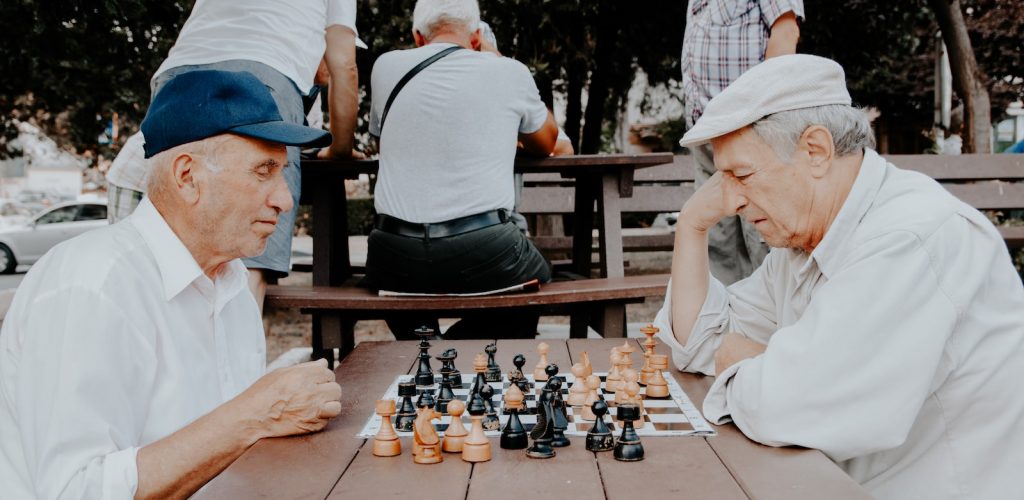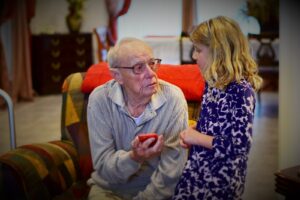As our loved ones age, socialization becomes increasingly important for their physical and mental well-being. Socialization helps seniors stay engaged, connected, and active, which can help them maintain their cognitive and physical abilities for longer.
In senior living communities, socialization is a critical component of a resident’s daily life, and it’s essential that communities prioritize and encourage socialization among their residents.
Here are a few reasons why socialization is so important in senior living:
Reduced Isolation and Loneliness
Socialization helps reduce feelings of isolation and loneliness, which are common among seniors who live alone or have limited social contact. By fostering connections with others, seniors can feel more connected to their community and more engaged with the world around them.
Increased Physical Activity
Socialization often involves physical activity, such as walking, dancing, or participating in group exercise classes. This increased physical activity can help seniors maintain their physical health, improve their balance and coordination, and reduce their risk of falling.
Improved Mental Health
Socialization is also crucial for mental health, as it can help reduce feelings of depression and anxiety and promote a sense of purpose and meaning. Engaging with others can also help seniors maintain their cognitive abilities and reduce their risk of dementia and other cognitive disorders.
Enhanced Quality of Life
Ultimately, socialization can enhance a senior’s overall quality of life. By connecting with others and staying active and engaged, seniors can experience greater happiness, fulfillment, and joy in their daily lives.
In senior living communities, it’s important for staff to encourage and facilitate socialization among residents. This can involve organizing social events, activities, and outings, creating common spaces for residents to gather and connect, and promoting a sense of community and camaraderie among residents.
Family members and loved ones can also play a role in promoting socialization for their loved ones in senior living. By visiting frequently and encouraging their loved ones to participate in community events and activities, family members can help seniors stay connected and engaged.
Conclusion
Socialization is a vital component of a senior’s overall well-being, particularly in senior living communities. By prioritizing and encouraging socialization among residents, communities can help seniors maintain their physical and mental health and enhance their overall quality of life.





